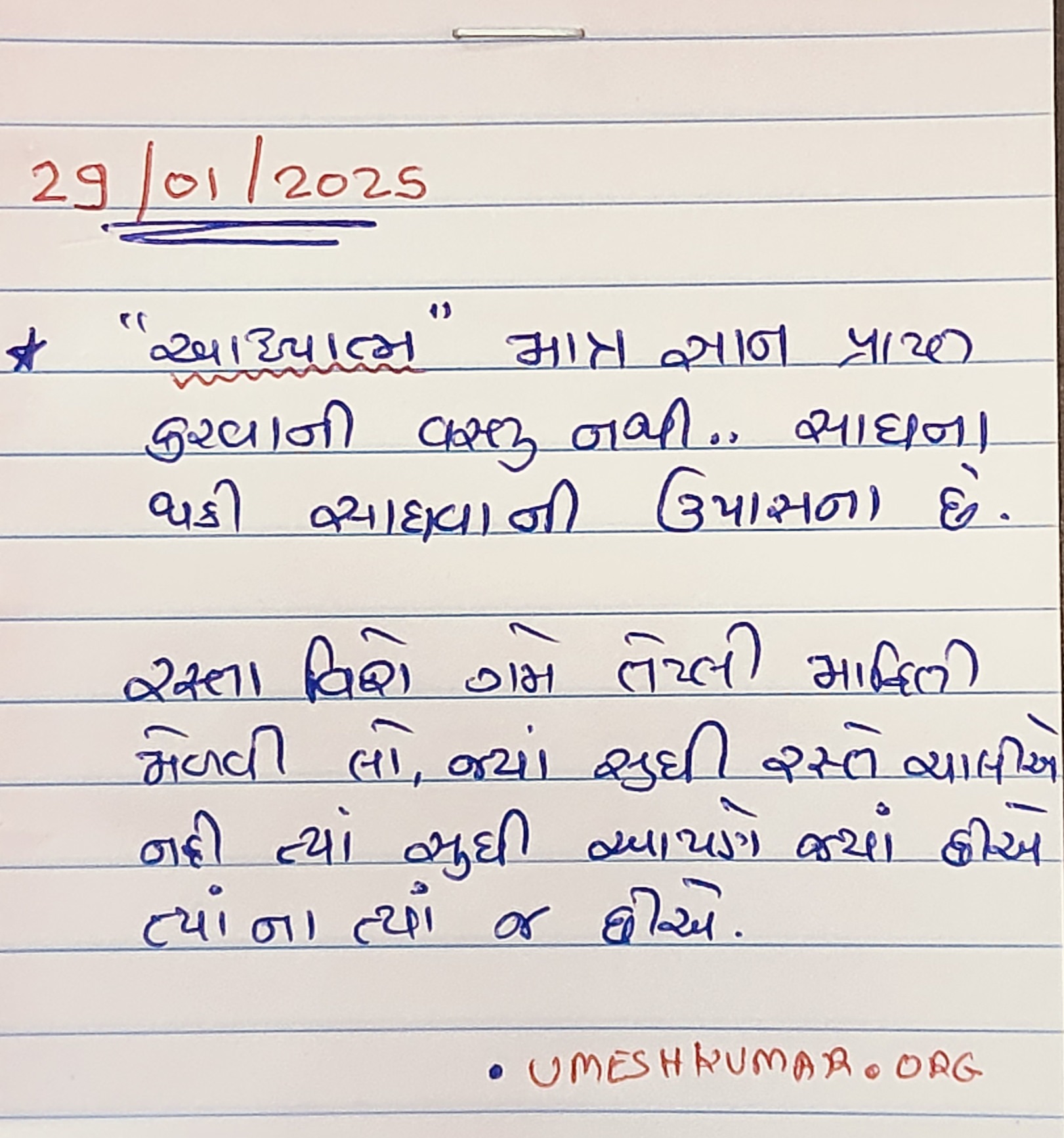Namaste…
In our fast-paced world, where information is at our fingertips, it is easy to assume that knowledge alone leads to transformation. We read books, watch videos, and attend lectures, believing that gathering information will bring us closer to wisdom. However, true spiritual knowledge is not something to be merely obtained—it must be realized through practice.
Understanding vs. Experiencing
Imagine someone who wants to learn swimming. They read books about it, watch tutorials, and even listen to expert swimmers describe their techniques. But until they step into the water and experience the movements themselves, they remain a non-swimmer. Similarly, spiritual wisdom cannot be gained by mere intellectual understanding. It must be lived, felt, and experienced.
Many seekers spend years accumulating knowledge but never take the steps necessary to embody it. They may know about meditation, self-discipline, and inner peace, yet they remain trapped in the same patterns of stress and dissatisfaction. Why? Because they have not walked the path—they have only studied the map.
The Importance of Practice
The word sadhana in spiritual traditions means disciplined practice. Whether it is meditation, prayer, selfless service, or introspection, every spiritual path requires effort and dedication. Simply knowing about these practices is not enough; one must engage in them consistently to experience transformation.
- Meditation is not about knowing its benefits but experiencing its stillness.
- Compassion is not about reading inspiring quotes but practicing kindness daily.
- Self-discipline is not about understanding its importance but applying it in life.
Every great spiritual teacher, from the Buddha to modern-day saints, emphasizes the necessity of practice over mere learning. They did not just speak about enlightenment; they walked the path themselves and urged others to do the same.
Walking the Path: A Personal Commitment
Taking the first step on a spiritual journey requires courage and commitment. It means moving beyond theories and embracing real experiences. Here are a few ways to start:
- Commit to Daily Practice – Whether it is meditation, chanting, or self-reflection, make a small yet consistent effort every day.
- Live Your Values – Instead of just reading about virtues like patience and honesty, actively practice them in daily interactions.
- Seek Direct Experience – Attend retreats, engage in deep contemplation, and apply spiritual wisdom in real-life situations.
- Accept Challenges as Lessons – Spiritual growth is not always comfortable. Difficulties and failures are part of the journey and serve as stepping stones to deeper wisdom.
Conclusion
No matter how much information you gather about a path, until you walk on it, you will remain where you are. Spiritual knowledge is not something to be collected like trophies—it is a way of being, a transformation that happens through practice.
So, instead of seeking more knowledge, take a step forward. Live what you have learned. Walk the path. The real journey begins when knowledge turns into experience.
